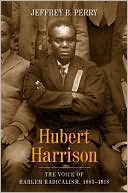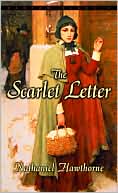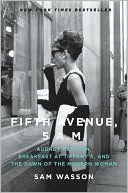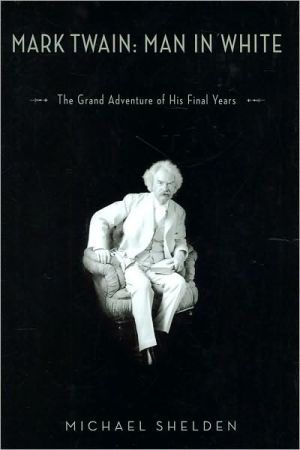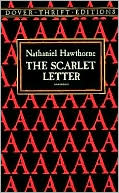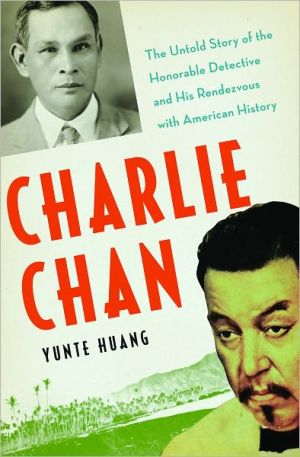Hubert Harrison: The Voice of Harlem Radicalism, 1883-1918
Search in google:
Hubert Harrison was an immensely skilled writer, orator, educator, critic, and political activist who, more than any other political leader of his era, combined class consciousness and anti-white-supremacist race consciousness into a coherent political radicalism. Harrison's ideas profoundly influenced "New Negro" militants, including A. Philip Randolph and Marcus Garvey, and his synthesis of class and race issues is a key unifying link between the two great trends of the Black Liberation Movement: the labor- and civil-rights-based work of Martin Luther King Jr. and the race and nationalist platform associated with Malcolm X.The foremost Black organizer, agitator, and theoretician of the Socialist Party of New York, Harrison was also the founder of the "New Negro" movement, the editor of Negro World, and the principal radical influence on the Garvey movement. He was a highly praised journalist and critic (reportedly the first regular Black book reviewer), a freethinker and early proponent of birth control, a supporter of Black writers and artists, a leading public intellectual, and a bibliophile who helped transform the 135th Street Public Library into an international center for research in Black culture. His biography offers profound insights on race, class, religion, immigration, war, democracy, and social change in America.The Barnes & Noble ReviewIn the early years of the 20th century, Hubert Harrison was among the country's best known and most brilliant African-American intellectuals. His reflections on the state and methods of literary criticism appeared in The New York Times. Scores more essays ran in scores of other publications. He lectured on history, sociology, and popular science to audiences both black and white -- quite literally in the street, at times, where he drew large crowds and worried the police. Any heckler who dared to challenge Harrison soon thought better of it; his witty replies reduced them to laughter, if not shamefaced silence. Well before the Harlem Renaissance, he worked out ideas and strategies that would echo in the civil rights struggle and the black power movement of later decades.
List of IllustrationsPreface and AcknowledgmentsA Note on UsageIntroductionPart I. Intellectual Growth and Development1. Crucian Roots (1883—1900)2. Self-Education, Early Writings, and the Lyceums (1900—1907)3. In Full-Touch with the Life of My People (1907—1909)4. Secular Thought, Radical Critiques, and Criticism of Booker T. Washington (1905—1911)Part II. Socialist Radical5. Hope in Socialism (1911)6. Socialist Writer and Speaker (1912)7. Dissatisfaction with the Party (1913—1914)8. Toward Independence (1914—1915)Part III. The "New Negro Movement"9. Focus on Harlem: The Birth of the "New Negro Movement" (1915—1917)10. Founding the Liberty League and The Voice (April—September 1917)11. Race-Conscious Activism and Organizational Difficulties (August—December 1917)12. The Liberty Congress and the Resurrection of The Voice (January—July 1918)Appendix: Harrison on His CharacterAbbreviationsNotesSelect BibliographyIndex
